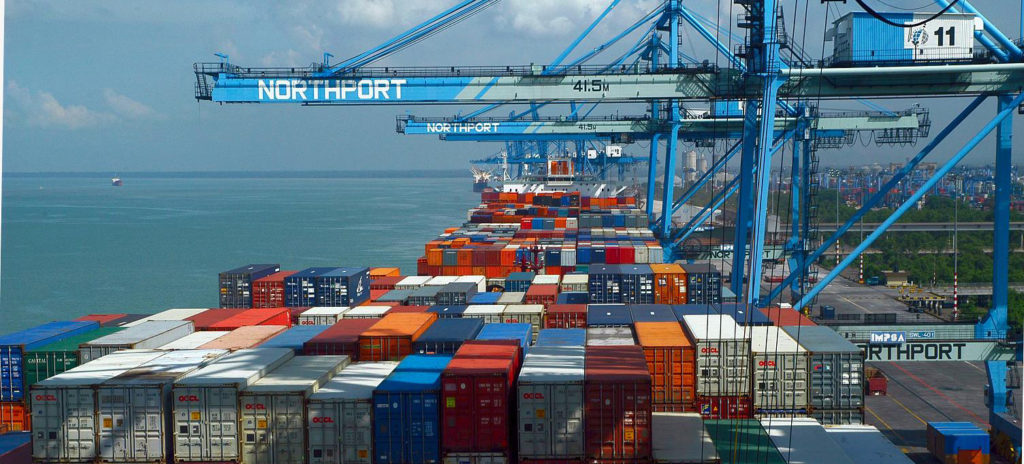
What is a Foreign Trade Zone?
In 1934, Congress enacted the Foreign Trade Zones Act “to expedite and encourage foreign commerce.” The Act created domestic “foreign-trade zones”, and was designed to stimulate international trade and create jobs in the United States.
When you operate under Foreign Trade Zone procedures, your company is treated (for purposes of customs duties) like it’s located outside the United States. That can mean that U.S. import duties don’t have to be paid on imported components coming to your factory. If your finished product is ultimately shipped to the U.S. market, you may have the option of paying the finished product duty rate rather than the component duty rate. (Many finished products have lower duty rates – or are duty-free – than their components.) And if you re-export the finished product, you don’t ever pay duties on the component materials. There are other potential savings, too, like avoiding duties on imported materials that become scrap, and possible administrative savings and efficiencies.
What are the benefits?
Duty Exemption. No duties on re-exports compared to duty drawback which is a refund of duty paid when the product is later exported.
Duty Deferral. Customs duties and federal excise tax deferred on imports.
Inverted Tariff. In situations where zone manufacturing results in a finished product that has a lower duty rate than the rates on foreign inputs (inverted tariff), the finished products may be entered at the duty rate that applies to its condition as it leaves the zone — subject to public interest considerations.
Logistical Benefits. Companies using Foreign Trade Zone procedures may have access to streamlined customs procedures (e.g. “weekly entry” or “direct delivery”).
Other Benefits. Foreign goods and domestic goods held for export are exempt from state/local inventory taxes. Foreign Trade Zone status may also make a site eligible for state/local benefits which are unrelated to the Foreign Trade Zone Act.
Examples of successful Foreign Trade Zone implementation
Claremont Flock, a textile company in Leominster, Massachusetts, imports textile fiber called “tow” and processes it into another form of textile fiber called “flock.” Claremont was paying 7.5% duty on their imports of tow. We helped Claremont qualify for Foreign Trade Zone procedures. Now they import tow without paying the duty, turn it into flock, and when the flock leaves the factory it is subject to the rate of duty applicable to flock, which is zero. Claremont said in a newspaper article that this will save them $200,000 per year.
Millipore Corporation located in Jaffrey, New Hampshire, manufacturers filters containing the imported material polyvinylidene fluoride. Utilizing Foreign Trade Zone procedures they avoid the 6.5% import duty on polyvinylidene fluoride. On its domestic shipment and exports to NAFTA markets, the company is entitled to elect the duty rate that applies to finished filters, (0 %) and thus save the company significant amounts of money.

